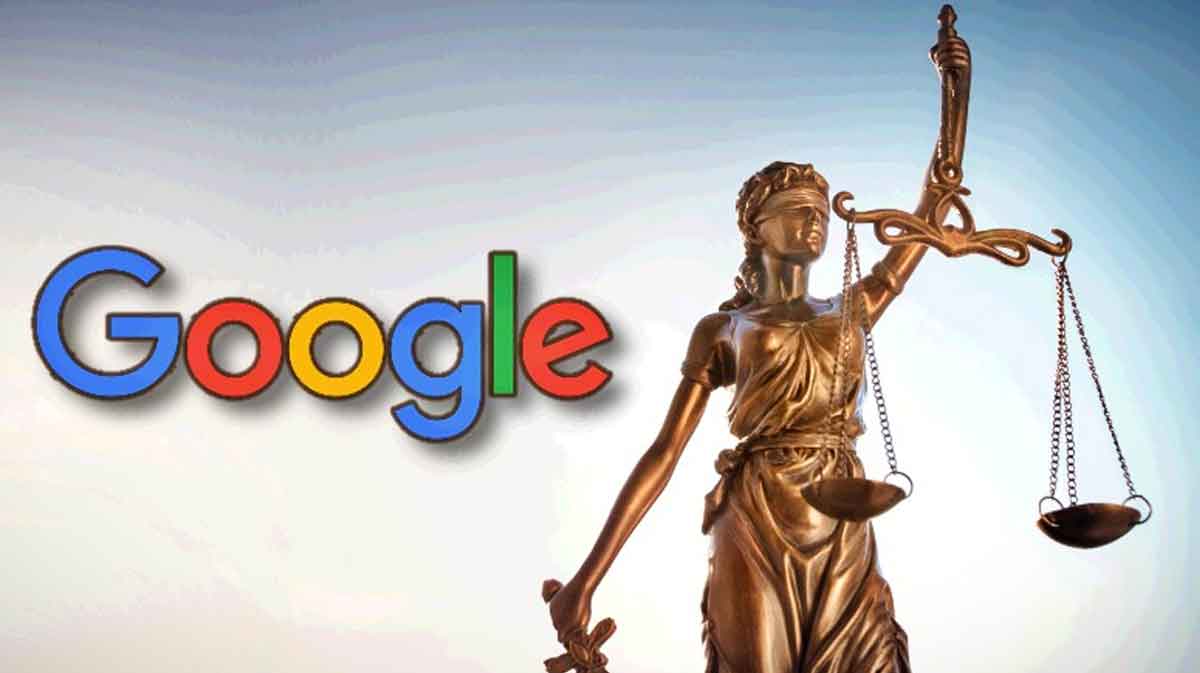Google loses 15-year-long legal battle to UK couple, fined over Rs 21,000 crore
- UK couple challenged Google over search penalty rules
- Their site Foundem buried in Google rankings since 2006
- European Court fined Google 2.4 billion euros for market abuse in 2017
In a historic ruling, a British couple has successfully taken on tech behemoth Google, securing a monumental victory that highlights the ongoing struggle against anti-competitive practices in the digital marketplace. Shivaun and Adam Raff’s relentless pursuit of justice culminated in a staggering fine of approximately Rs 21,824 crore (2.4 billion euros) against Google for undermining their price-comparison website, Foundem. This case underscores not only the challenges faced by small businesses in the shadow of tech giants but also the evolving landscape of digital market regulations.
The Origins of the Battle: Foundem’s Rise and Fall
The Raffs launched Foundem in 2006, a site intended to streamline online shopping by allowing users to compare prices across various platforms. Initially, Foundem gained traction and showed promise as a pioneering price-comparison service. However, the website’s potential was severely hampered when Google penalized it, resulting in Foundem being effectively buried in search results for crucial terms like “price comparison” and “comparison shopping.” As Adam Raff recalled, “We saw our rankings plummet almost immediately,” highlighting the devastating impact of Google’s penalty.
Initially, the couple believed the sudden drop in visibility was a technical error. They appealed to Google, confident that their concerns would be addressed. However, after two years of inaction, it became clear that the issue was far from a simple glitch. Despite Foundem functioning smoothly on other search engines, it remained largely invisible on Google, which dominated the search landscape. Shivaun Raff articulated the frustration succinctly: “Everyone’s using Google.”
The Long Road to Justice
In a bid to regain visibility, the Raffs sought help from Google again after receiving an award from a prominent tech show in 2008. However, their attempts were met with silence, further fueling their suspicions of unfair treatment. This prompted the couple to escalate their grievances to regulatory bodies in the UK and the US, ultimately leading them to Brussels.
Their perseverance paid off when, in 2010, the European Commission (EC) launched an investigation into Google’s practices. In 2017, the EC ruled that Google had abused its market dominance, imposing a landmark fine of 2.4 billion euros. This verdict marked a significant milestone in the regulation of Big Tech and set a precedent for future cases.
Google’s Relentless Appeals and Ongoing Investigations
Despite the ruling, Google engaged in a lengthy series of appeals that delayed the enforcement of the fine for several years. The battle persisted until September 2024, when Europe’s highest court upheld the EC’s decision, confirming that Google’s practices violated competitive standards. Yet, Google claimed its current operations complied with the ruling, as the European Commission launched a new investigation into its parent company, Alphabet, under the Digital Markets Act.
For the Raffs, however, the fight did not conclude with the court’s decision. Having been forced to shut down Foundem in 2016 due to the financial strain caused by Google’s actions, the couple is now pursuing civil damages, with legal proceedings scheduled to commence in 2026.
A Fight Against Monopolistic Practices
The Raffs’ journey exemplifies the relentless struggle of small businesses against monopolistic practices in the tech industry. Their determination to challenge Google not only resulted in a significant financial ruling but also contributed to a broader dialogue about accountability in the digital marketplace. As they continue their fight against tech monopolies, the Raffs embody the spirit of resilience, inspiring others to stand against powerful corporations that threaten fair competition and innovation. Their story serves as a reminder that even the giants of the tech world are not above the law and that justice, though often slow, is achievable.
(With inputs from agencies)





